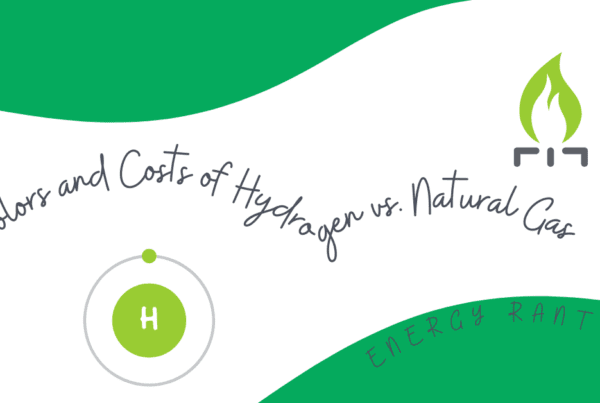
A few weeks back I lampooned the federal government’s desire to implement energy efficiency policy, and in particular, Shaheen Portman. You can view the key elements of that in that post, but one thing mysteriously missing is automobile mileage – the crown jewel of federal energy efficiency regulations. Why is this? I don’t know, but one thing I can explain is how these regulations are as modern as building codes for ancient pyramids. Nobody knows why pyramids were ever built, but I’m sure it involved male instincts prior to the development of calculus. For example, put a guy in charge of an exhibit at a conference with stackable trinkets and what do you find – pyramids. Water bottles, post-it notes, small boxes of trinkets are all building blocks for pyramids.
Ok.
Fuel economy for the fleet of cars sold in the US is abysmal compared to fuel economy of cars sold in Europe. One example is the Ford Fiesta Way back in 2008, Ford introduced a 64 mpg version in the UK that beats the pants off of the beloved Toyota Prius – the gold standard for efficient automobiles sold in the US. What’s the secret? The secret is boring, old, and something any worthy engineer would suggest: the diesel engine. Come to think of it, this perfectly parallels efficiency in buildings – simple, proven, boring stuff (NOT solar panels and LED space lighting), are by far the most cost effective.
Thinking back to my days in IC engines class (IC = internal combustion – car, bus, lawn mower, motorcycle, earth movers, etc.), diesel engines are more efficient than gasoline engines simply because they have almost twice the compression ratio. Power is produced by igniting a compressed fuel/air mixture in any IC engine. The ignition pressure in a diesel-engine cylinder is twice that of a gasoline-engine cylinder. There is more expansion to generate more power, all else equal. As I think I’ve mentioned in this blog, back in 1986 I traded my cheap and crappy 1983 Ford Mustang for a cheaper, but efficient, 1984 Ford Escort diesel. Fifty miles per gallon, dudes! No goofy looking Prius hybrid required.
To poke the other eye of Americans with a sharp stick, many of these efficient vehicles sold in Europe are manufactured in the US. Why can’t we have these in our market? Glad you asked. Because our representatives are political beasts. Their decisions are driven by personal/political gain first; party second. Somewhere far down the priority tree with the enthusiasm of talking about your favorite brand of motor oil, they may think critically about what is good or bad for constituents.
One reason reported in this post is that emissions standards in the US are archaic – surprise! They are based on per unit of fuel consumed. Think about that for a minute, just a little. Why is it not per mile driven? After all, we purchase fuel to go places (miles), not just to light a pile of used tires on fire in the back yard. Therefore, emissions per unit of fuel makes no sense. Standards should be based on what we are buying – transportation from point A to point B to point A to point C, and so on.
Here is another article on the subject and they blame it on the fact that these European wonder cars are “not up to American standards.” Gee, I’ve heard a lot of this lately.
Another thing this article touches on, but doesn’t drive to a conclusion, is the craze of food to fuel – corn based ethanol. You may not be aware of this, but since gasoline prices have risen above three dollars per gallon over the long term, American gasoline consumption has been dropping. In fact, it has dropped to a point where the physics-defying mandates prescribed by the self-serving cannot jam enough ethanol into the gasoline we are burning.
Gasoline blended with 10% ethanol works in the Otto engine[1] but not the Diesel engine. See the political brick wall here? If we all start using efficient diesel engines, what will we do with ethanol? And ethanol reduces our reliance on foreign oil? It makes for a cute sound bite, but what a con!
For forty years Washington has talked about but done nothing to reduce dependence on foreign oil. Now, with proven technology to use hydraulic fracturing, shale extraction, and tar sands to extract our own fuel, combined with converting to the 100 year old diesel engine, we could easily eliminate oil imports, reduce CO2 emissions and enjoy a bounty of related benefits – including cheaper food across the board.
Conclusion: the henchmen, who purport to want to wean us from foreign oil, reduce emissions, and improve the environment, are the very ones blocking us from doing so. This is no accident. And we want them to do more?
[1] Otto developed the gasoline engine, but unlike the diesel engine, his name didn’t stick. No respect.





